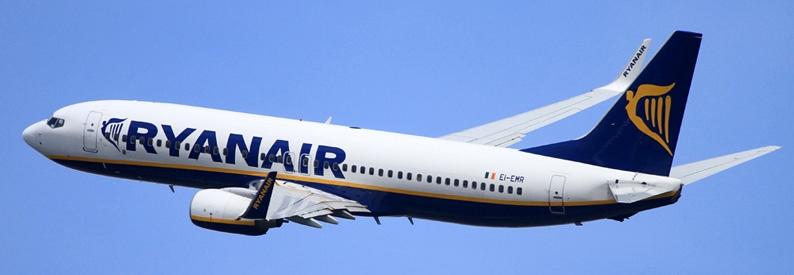Aena, Ryanair Clash Over Spanish Airport Fees

A fierce public dispute has erupted between Ryanair and Aena, the world’s leading airport operator by passenger numbers, over airport fee policies in Spain. The dispute began on January 17, 2025, when Ryanair announced it would reduce its operations in the country’s summer network by 18%, canceling 800,000 passenger seats and scrapping 12 routes across seven regional airports. In its statement, Ryanair blamed excessive charges and ineffective “incentive plans” from Aena for forcing the airline’s decision to cut capacity.
Ryanair’s leadership asserts that the current fee structure unfairly targets regional airports. The airline accused Aena of neglecting Spanish regional investment by favoring investments in airports outside the country. “AENA’s refusal to use its regional airport structure in support of local growth forces us to relocate capacity to more competitive markets,” said CEO Eddie Wilson in a statement. Ryanair believes that the current system—despite its apparent regulatory framework outlined under Law 18/2014 and detailed in the Airport Regulation Document (DORA II)—is being manipulated to the detriment of domestic regional connectivity.
In response, Aena fired back, urging Ryanair to “calm down” and abandon what it characterized as a threatening communication strategy. In its formal response, Aena maintained that its airport charges are firmly based on Law 18/2014 and are supervised by Spain’s National Commission on Markets and Competition (CNMC). The operator stressed that there is complete transparency about the fee structure, insisting, “Aena does not deceive anyone,” and clarified that, for regional airports, fees are reduced to approximately €2 per passenger. According to Aena, Ryanair’s relentless public pressure aims merely to secure free usage of Spanish airports.
Aena further accused Ryanair of seeking to shift income from public infrastructure to the pockets of its shareholders and managers. “Ryanair’s intention is clear—they want a pure transfer of income to benefit their own interests,” Aena stated. The operator went on to warn that if Ryanair were to prevail in its demands, such actions could potentially violate Law 18/2014 and be deemed illegal.
Meanwhile, Ryanair responded in a separate statement, claiming that Aena has “repeatedly misled Ryanair and the Spanish people” about the actual fares being charged. The airline pointed out that Aena systematically ignored the DGAC’s 2021 resolution, which stipulated that tariffs should remain frozen for five years. Ryanair noted that Aena imposed successive annual increases – including the most recent hike of more than 4% in 2024 – which the carrier argues undermines the government’s intended policy framework.
Ryanair’s critics argue that the fee increases have placed an enormous financial strain on low-cost carriers, forcing them to make drastic cuts to preserve profitability. The airline is now calling on the Spanish government to intervene and break what it considers Aena’s monopoly over airport management. Ryanair’s proposal is to allow regional governments greater autonomy over their airports, with the aim of boosting traffic, tourism, and employment in regions that the airline claims Aena has consistently neglected.
This ongoing dispute is not only a significant battle between two industry giants, but also a critical issue for Spain’s aviation sector and regional economies. As the debate continues, industry observers and policymakers will be watching closely to see whether regulatory intervention is required to recalibrate the balance between fair pricing and regional development, ensuring competitive practices that support both airline profitability and the growth of local aviation infrastructure.
Related News : https://suspicious-zhukovsky.67-21-117-18.plesk.page/?s=Ryanair
